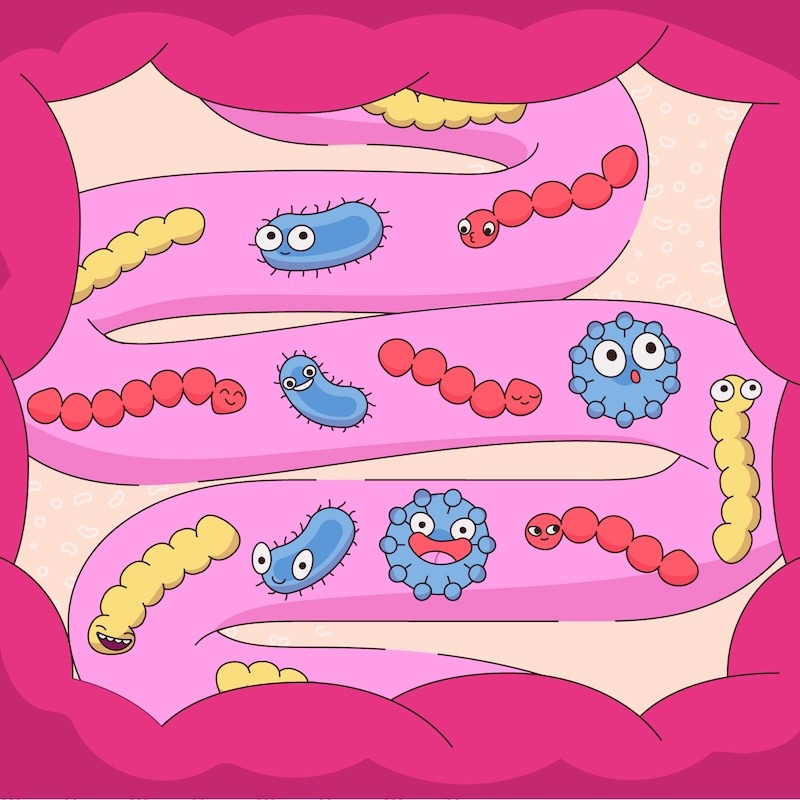Aging–It’s a fact of life and there’s no stopping it. However, you can take steps to slow it down. But what exactly is aging? Sure it’s about getting older, but in terms of bodily functions, it means something a little different.
There are many studies out there that try to determine the effects of aging and how to slow it or halt it altogether. What these studies have agreed on is that the effects of aging include a slower metabolism, restricted blood flow, disrupted sleep patterns, and lower energy levels.

But what causes these symptoms, specifically a lower level of energy? The short answer is- your genes and your environment. As our body gets older things tend to not run as efficiently as they did in our youth. Muscles lose mass, strength, and become less flexible. As a result, strenuous activities become more tiring.
Your heart, which is a muscle, also becomes slower in its pumping ability, which reduces the flow of oxygen-rich blood providing energy to the cells. Less energy to the cells means less energy to the muscles which means less energy you feel like you have to begin with.
One thing that has been difficult to determine is about aging is, when it begins. Some researchers believe that it starts as early as your mid-30’s when bones start to lose their density.
Others claim that once you hit 40 your body starts aging faster than it did before your 40th birthday. Others still claim it’s closer to 60 when your metabolism grinds to a slow crawl. But just like with every other variable of ourselves, age can greatly depend on your individual health, habits, and genes.
So if we can’t stop the aging process, what can we do to at least slow its progression? Well, when it comes to how we feel and our energy levels there’s actually a lot we can do!
Improve Heart Health
Heart muscles can be strengthened with exercise. Engage in a daily activity that gets your heart rate up. This delivers oxygen and nutrients to muscles for energy, which can counteract the natural decline of the heart’s capabilities.
Slow Muscle Loss/Stimulate Muscle Growth
Aging muscles lose mass and strength so it’s important to maintain or even build muscle strength as you grow older with regular strength training exercises, like weightlifting. Stretching exercises are crucial to helping you maintain muscle flexibility as well.
Rest Up
Adults need seven to eight hours of sleep each night for the body to release enough of the hormones that help build and repair muscles. If you’re not getting seven to eight hours, try changing your bedtime for more energy during the day.
Eat Whole Foods
Fresh, whole, unprocessed foods renew energy levels with vitamins, minerals, and antioxidants. Try to limit or cut back on your meat intake since it takes more energy to break down in your body.
Check Your Vitamin D
Vital for energy levels and mood, vitamin D is best taken in through a little sunshine. However, as you age, your skin gets less efficient at converting sunlight to D. Try a vitamin D supplement if your doctor determines you’re deficient through a simple test.
Review Your Medications
Many drugs, including high blood pressure medications, antidepressants, and antihistamines, have side effects that can sap energy levels. Review your medications with your doctor every three to six months to see if there are alternatives or a lower dose you can try.
It’s important that as you age, you take the time to see a doctor or primary care physician regularly. While changing your eating habits, exercise routine, or even adding a supplement seem like a small change, they can have a big impact on your aging body. Always consult with a doctor before making any changes like the ones listed above.



